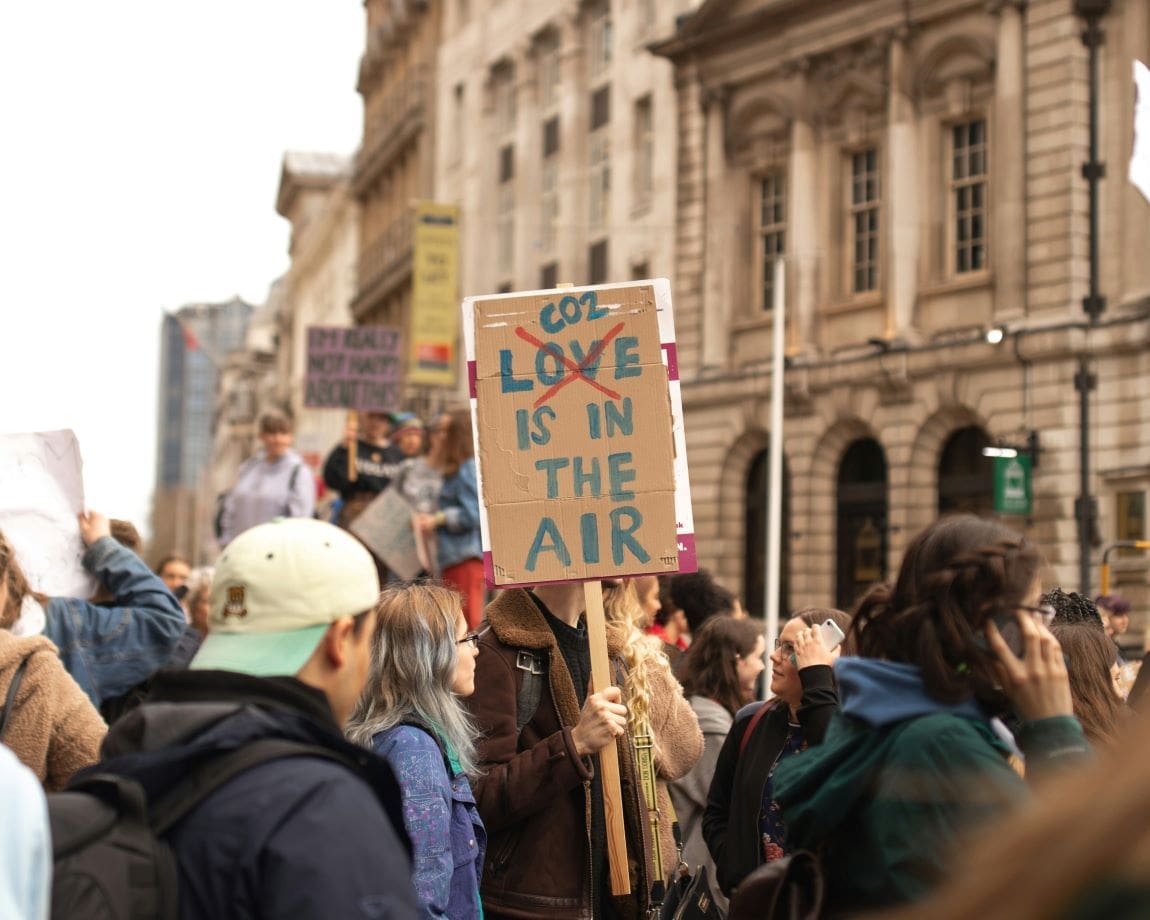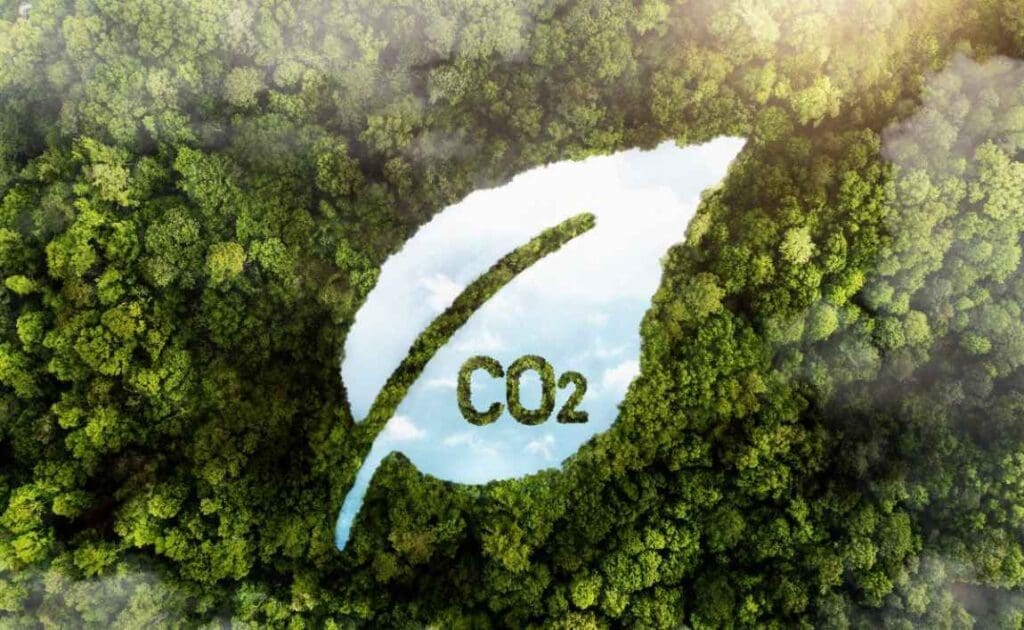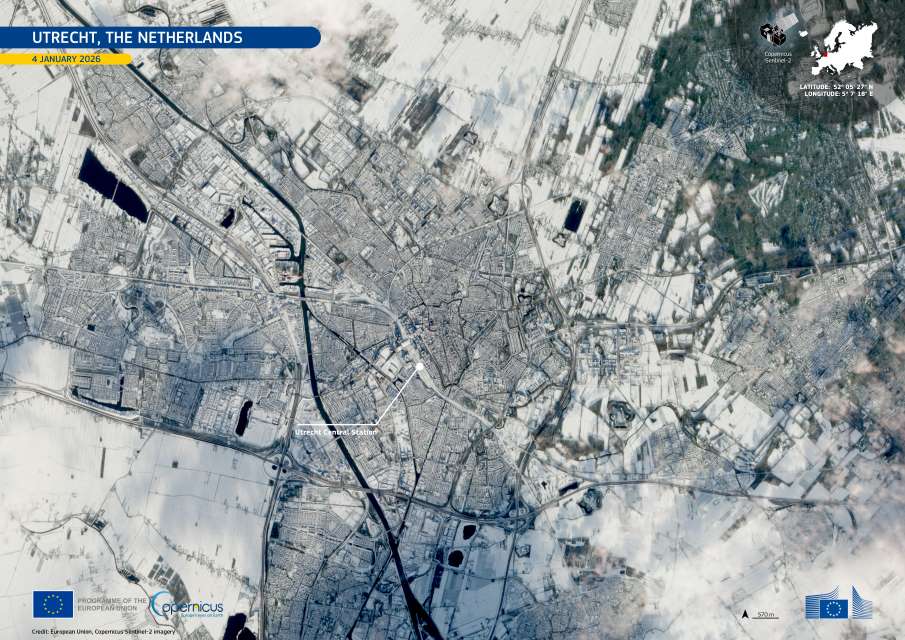Australians aged 29 and under have grown up in the shadow of climate change, and data suggests this is taking a significant toll on their mental health and wellbeing.
In June 2024, a group of 13 young people in Hawaii took their state government to court and won the right to greater input in climate policy. They argued that the state infringed on their right to “a clean and healthful environment” as promised under the State constitution. Their victory resulted in several concessions, including a pledge to pursue net zero emissions by 2040 and over $US40 million in investments in electric vehicles over the next six years.
Increasingly, young people are turning to activism as a way to process the emotional burden of a world in crisis. Figures such as Greta Thunberg and Australia’s Anjali Sharma have become emblematic of Gen Z’s climate action efforts. Yet, despite the 2022 addition of the right to a clean, healthy, and sustainable environment to the Universal Declaration of Human Rights, taking legal action against governments remains challenging.
Generation Z, born between 1995 and 2010, represents 30% of the global population. In Australia, they account for 18.2% (or 4.6 million) of the country’s 25 million people. Unlike previous generations, who had more time to adjust to environmental changes, Gen Z is acutely aware of the ecological crises unfolding around them, leading to deep environmental anxiety.
Distress and fear
Many digitally connected and globally aware Gen Zers experience intense climate anxiety, characterized by chronic fear, distress, and deep concern for the planet’s future. A survey of Australian Gen Z university students conducted between September 2021 and April 2022 with 446 participants revealed that climate change is their top environmental concern. Over 80% of respondents expressed significant worry, with many experiencing severe climate anxiety.
This anxiety manifests in various forms, including eco-anxiety, solastalgia (distress triggered by environmental changes), and climate grief. These reflect the complex emotional landscape of a generation coming of age during a global environmental emergency. This situation is further exacerbated by what is known as a polycrisis – a confluence of multiple, interconnected crises that intensify the overall impact.
Existential threat
Eco-anxiety, a chronic fear of environmental catastrophe, arises from the perception that climate change poses an existential threat. For many in Gen Z, this overwhelming threat leads to persistent worry and stress, further fueled by a sense of urgency and responsibility. As they witness the degradation of local and global ecosystems, including biodiversity loss and species extinction, many young people experience profound grief—not only for physical harms but also for the loss of hope for a stable and prosperous future.
With 96% of Australian Gen Zs believing that climate change is human-made, many experience heightened levels of stress, anxiety, and depression as they grapple with the realities of a warming planet. For some, the constant stream of climate-related news, coupled with personal experiences of climate-related disasters such as wildfires, floods, and droughts, leads to trauma that can have long-lasting effects on mental health.
A generational crisis
For Gen Z, climate anxiety is not just about environmental destruction; it also represents a crisis of identity and purpose. As they come of age in an increasingly unstable and unpredictable world, many are questioning what kind of future they can expect and whether it is ethical to pursue traditional life goals—such as professional careers, starting families, or buying homes—when the planet is in peril.
This crisis of identity is further complicated by the pressure to act. Many young people feel a deep sense of responsibility to address climate change, but this can lead to feelings of guilt and shame when they perceive their actions as insufficient. The weight of this responsibility can be overwhelming, leading to burnout and a sense of futility.
The role of activism
In response to these challenges, some members of Gen Z channel their anxiety into activism. Climate activism is seen as a way to regain a sense of control and agency in the face of overwhelming challenges. This activism takes many forms, from participating in global climate strikes to advocating for sustainable policies at the local level. However, activism is not a panacea for climate anxiety.
A survey revealed that 65% of Australian university Gen Z do not engage in traditional climate activism but instead use technology and social media to voice their concerns. While activism can provide a sense of purpose and community, it can also be exhausting. The constant need to fight for change, coupled with the slow pace of progress, can lead to burnout and exacerbate mental health issues. Additionally, the pressure to always be “on” and engaged in activism can be mentally and emotionally draining, leading to further feelings of hopelessness and despair.
Mental health support
Given the significant mental health challenges posed by climate anxiety, there is a growing recognition of the need for robust mental health support tailored to address these unique challenges. This support should include therapeutic interventions focused on building resilience, fostering a sense of agency, and helping young people navigate their complex emotions.
Building supportive communities where young people can share their experiences and feelings about climate change is also essential. These communities can provide a sense of solidarity and help combat the isolation often accompanying climate anxiety. Schools and educational institutions can play a crucial role by incorporating discussions about mental health and climate change into their curricula, helping to mitigate the psychological impacts of climate anxiety.
The way forward
The challenges posed by climate anxiety for Gen Z are profound and multifaceted. However, their role in addressing these challenges cannot be overstated. With the climate crisis intensifying amid a broader polycrisis, Gen Z’s involvement in shaping a resilient and sustainable future is critical. Their unique perspective and relentless drive for change position them as key players in responding to global warming, bridging generational divides, fostering global cooperation, and ensuring that climate action is grounded in science and equity.
Article Source:
Diana Bogueva and Dora Marinova, Curtin University, ‘What we can do about Gen Z’s climate anxiety’ | 360info.org, DOI: 10.54377/9989-98b1
Featured image credit: Callum Shaw | Unsplash




